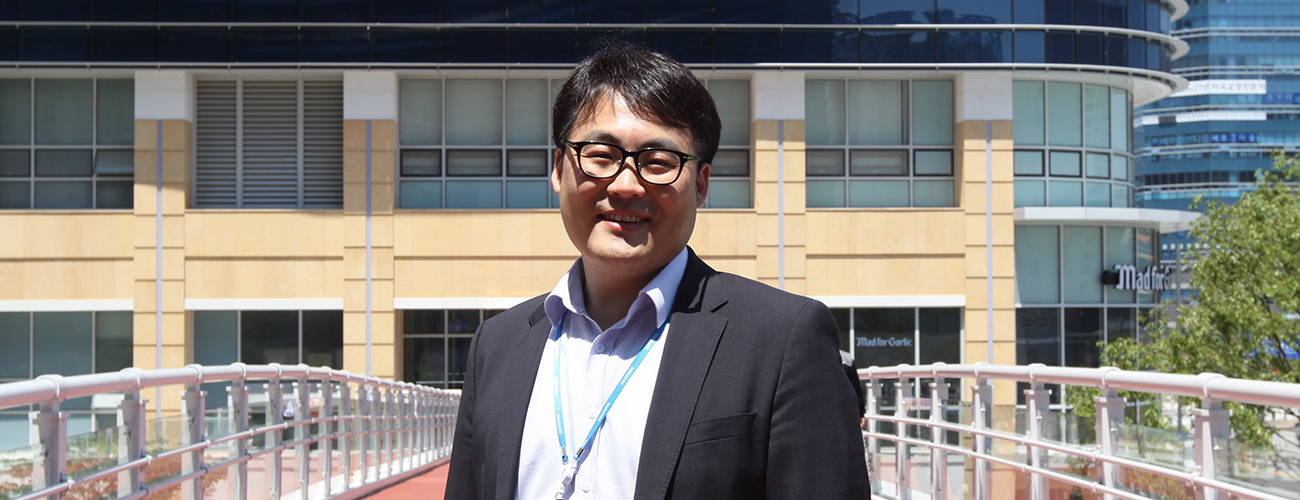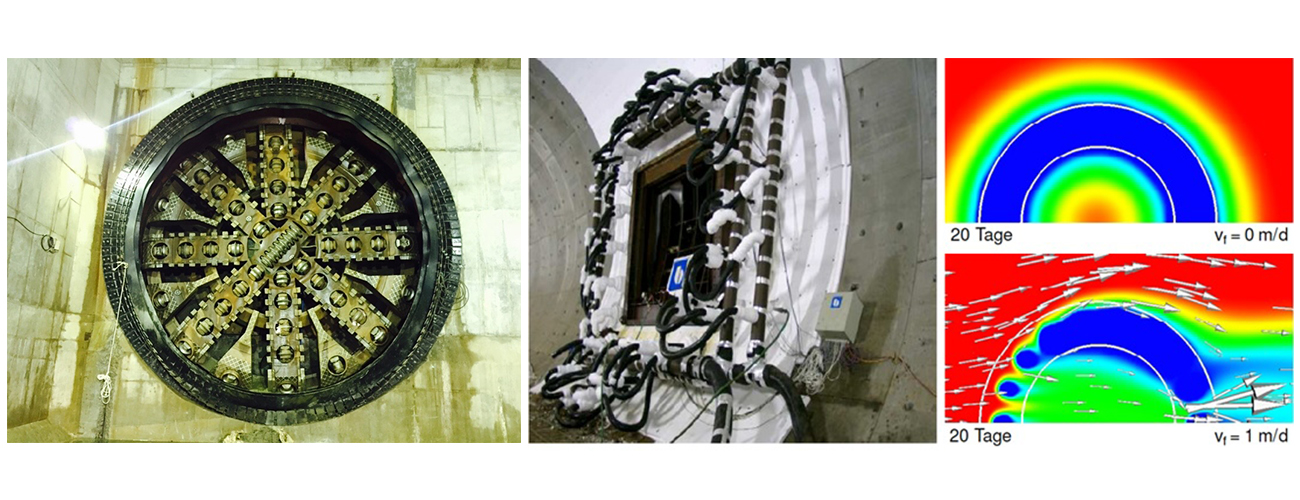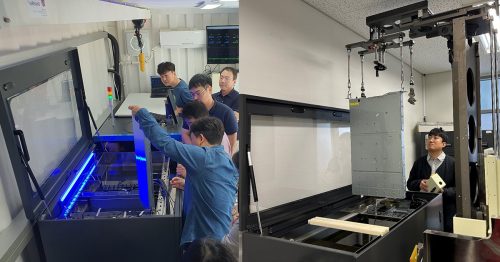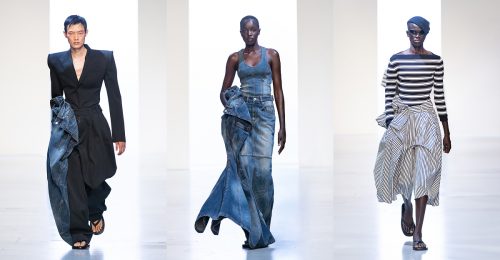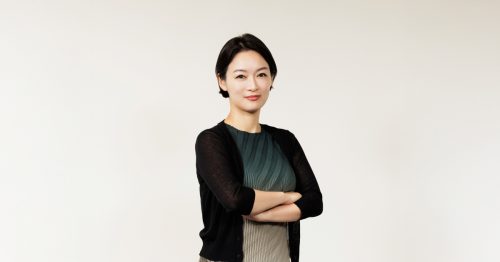Ju-Young Oh is a manager at Samsung C&T’s Civil Estimation and Engineering Team. He specializes in Tunnel Boring Machine (TBM) technology. This year, he has been included on Marquis’ ‘Who’s Who’ list, one of the world’s leading biographical directories, thanks to a work he published entitled Research on Ground Response in Shield TBM Tunnels.
However Oh, who only joined the company back in 2013, is staying humble despite recent acclaim. Samsung C&T Newsroom caught up with the TBM specialist to shed more light on the matter.
Enhancing Expertise
Samsung C&T Newsroom: Could you tell us how you came to work at Samsung C&T and describe the type of job you do here?
Ju-Young Oh: I earned my doctorial degree in ground response in shield TBM tunnels at RWTH Aachen University in Germany in 2013 and joined Samsung C&T in December of the same year. I started out as a member of the Civil Infrastructure Business Unit’s Engineering Division and worked at the Seoul Subway site 919 for about a year. After that, I returned to the head office and have been doing TBM-related bidding, engineering and technical support work since.
Newsroom: Your research on building tunnels using TBMs has brought you recognition from one of the world’s most prominent biographical directories. Could you tell us a bit more about your acclaimed research?
Ju-Young Oh: The main objective of the research was to enhance our comprehension of ground response due to different levels of pressure. More directly, the focus was to clarify how dependent ground response is on hydraulic ground properties, because, the permeability of the ground plays a deciding role with respect to the loading time or rather, the loading velocity. The results of the research have added more clarity to the mechanism of ground response.
How It All Works
Newsroom: As an expert in TBMs, could you explain a little about how these machines work in relation with the ground?
Ju-Young Oh: There is a special type of TBM called a shield TBM. This involves applying a load on the ground, or using temporary support structures to control the displacement of the foundation in what is known as active supporting.
Ju-Young Oh: A shield TBM’s movements determine the types of actions that will be applied to the ground and how much displacement will occur. Also, different types of soil makeup produce different dynamic responses. For example, a dense foundation reacts differently from a loose one and a foundation with high sand content, which allows subterranean water to flow more freely, reacts differently from one with a low rate of water flow. So the operation of the TBM and the dynamic properties of the foundation determine the interaction between the two. Accordingly, one must understand and factor in these variables and their interactions to achieve efficient and effective TBM configuration and operation.
From Theory to Practice
Newsroom: You’ve clearly spent many years studying and researching. What are the differences between being an academic and working in the field?
Ju-Young Oh: Theories and research begin with a simple assumption and grow naturally from there. In comparison, the variables at play at an actual project site are incredibly vast and complex and initially I had difficulty actually implementing the knowledge and skills I picked up through indirect experiences.
Newsroom: What are some of the advantages of working in the field?
Ju-Young Oh: Taking what I’ve learned from academia and applying it in the real world is a thrilling experience, and getting to solve challenging problems is a reward in itself. I particularly enjoy getting to work closely with colleagues on bids, taskforces, onsite engineering and construction and solving problems as a team.
Future Plans
Newsroom: What are some of the things you have learned at Samsung C&T?
Ju-Young Oh: After returning to the head office, I have gotten involved with many things. For example, when preparing a bid, we prepare the engineering and execution plan based on our previous experiences. That means our past performances have a direct impact on our ability to secure new contracts in the future. In other words, bidding and execution are two sides of the same coin.


